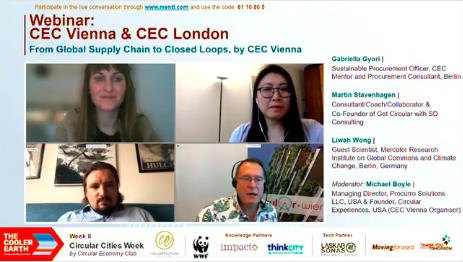
We will be right with you.

We will be right with you.
WELCOME NOTE | Dato' Abdul Rahman Ahmad, Group Chief Executive Officer/Executive Director, CIMB Group
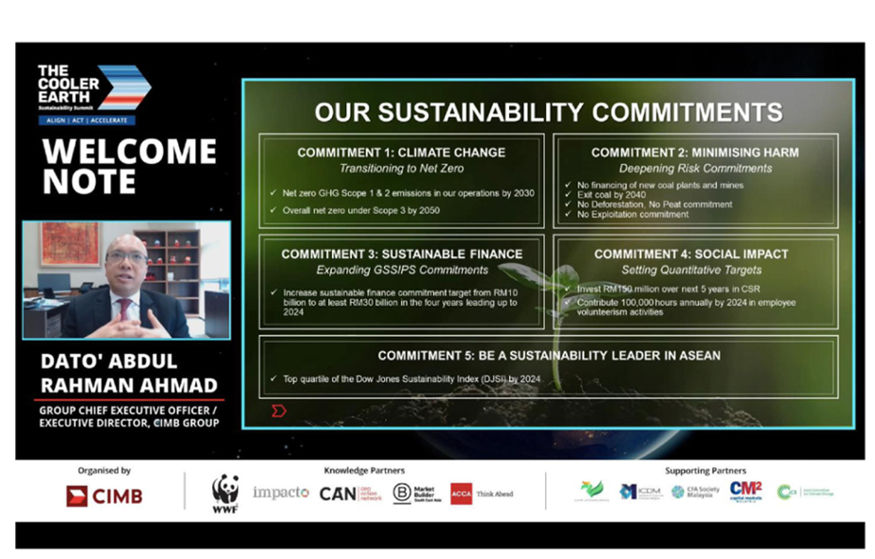
OPENING REMARKS | YB Senator Tengku Datuk Seri Utama Zafrul Tengku Abdul Aziz, Minister of Finance, Malaysia
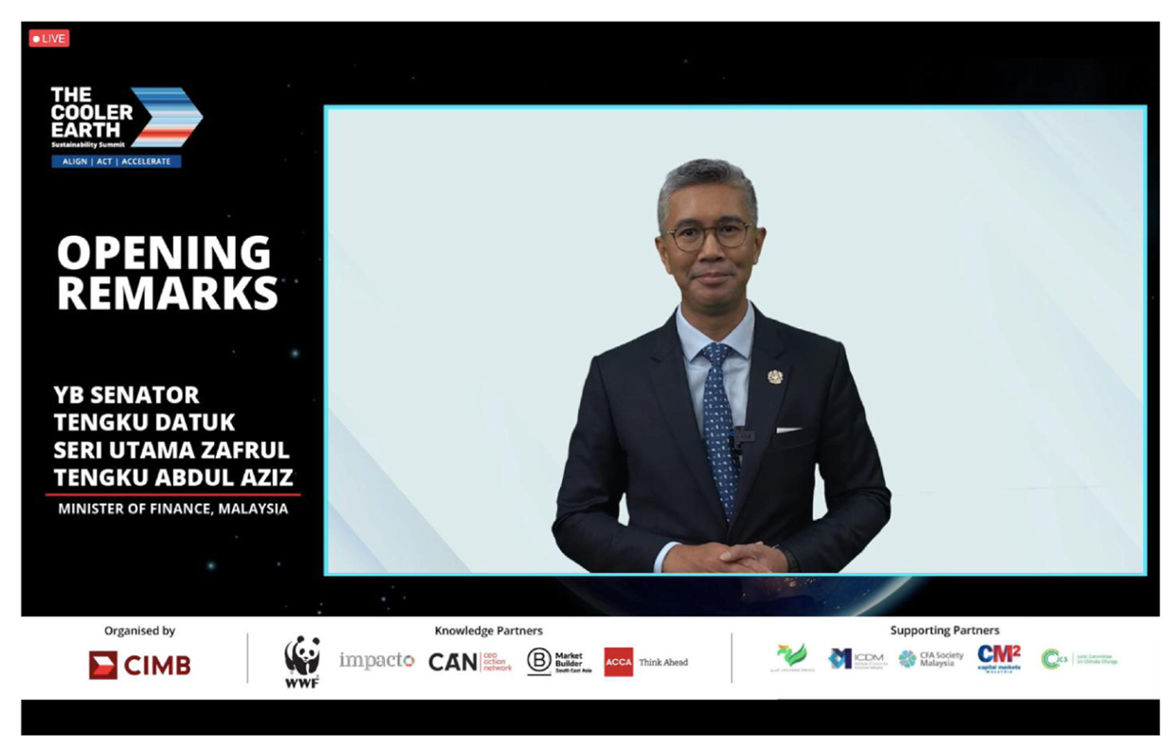
KEYNOTE | Hope in Hell: A Decade to Confront the Climate Emergency
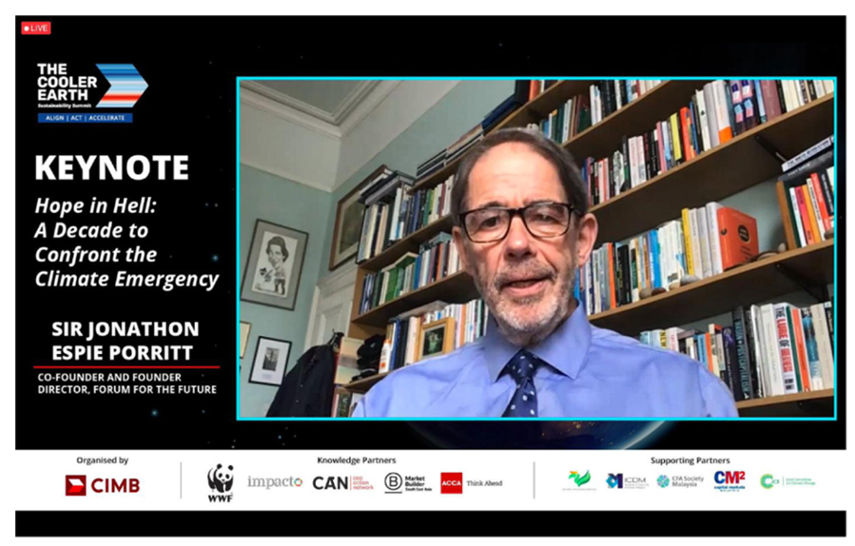
PANEL DISCUSSION | Stakeholder Demands and Implications for Seekers of Capital
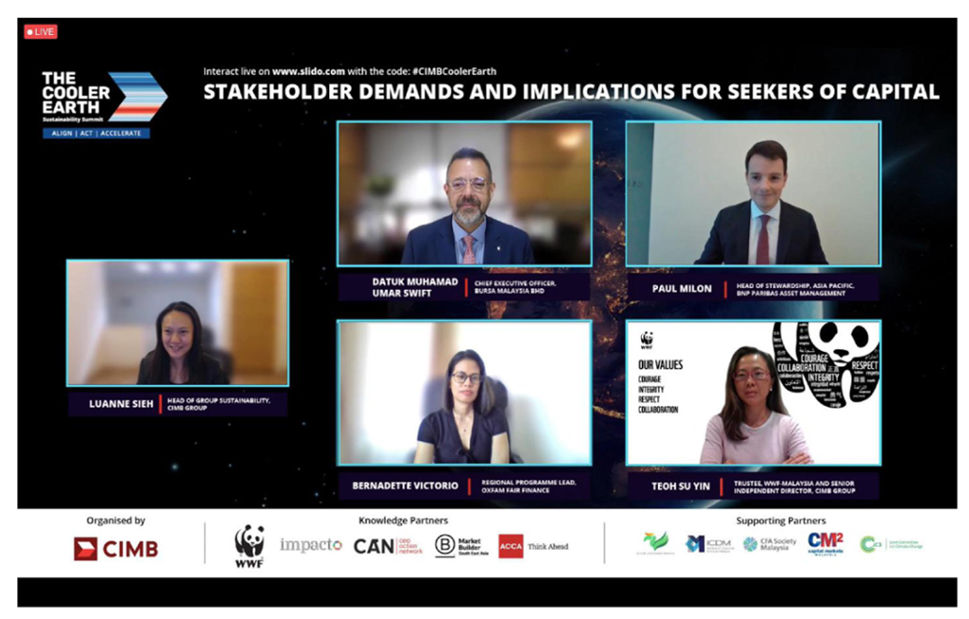
FIRESIDE CHAT | Can Board of Directors be Held Responsible for Contributing to Climate Change?
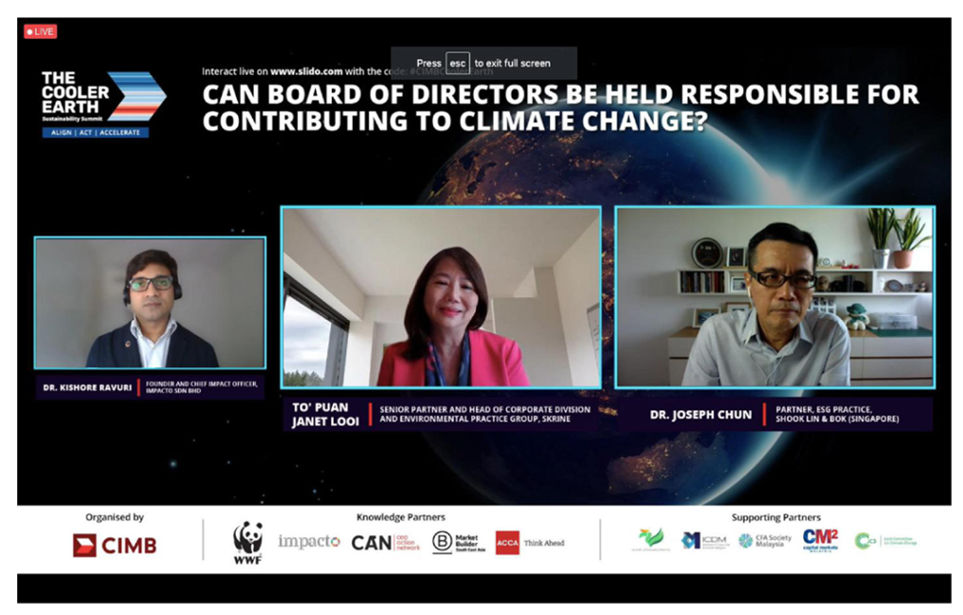
PANEL DISCUSSION | How are Boards Accelerating their Sustainability Readiness?
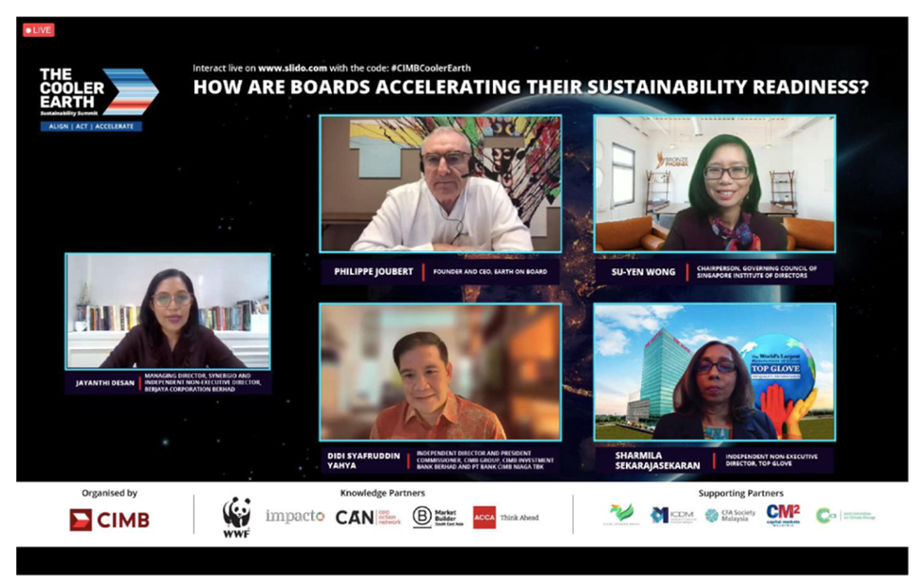
SPEECH | Building A Resilient Future: The Early Mover Advantage
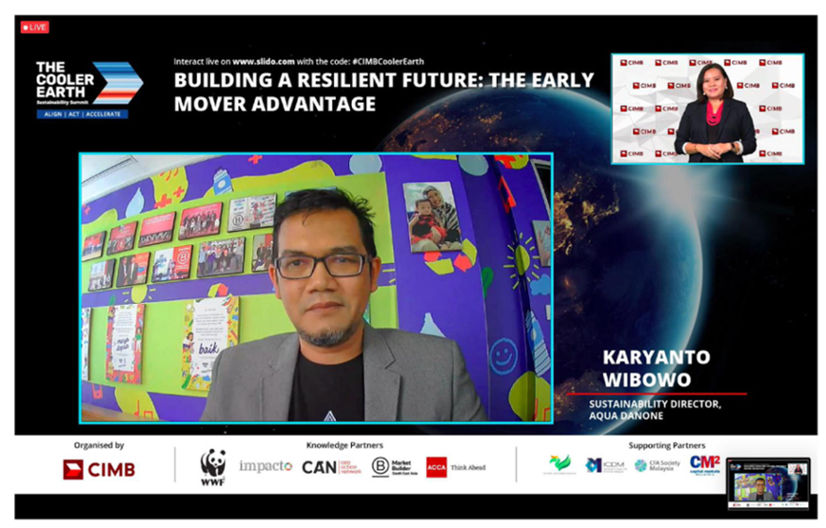
PANEL DISCUSSION | The Race Towards A Low Carbon Economy: Implications for Businesses
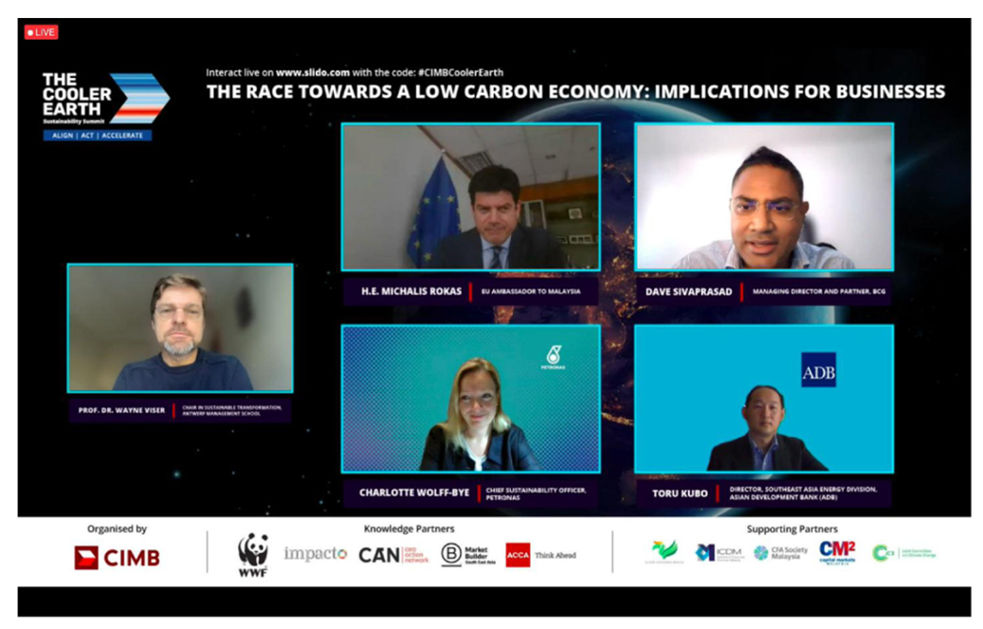
CEOs IN ACTION | CEO Action Network (CAN) 1st Anniversary Showcase - Demonstrating Sustainability Leadership: CEOs in Action
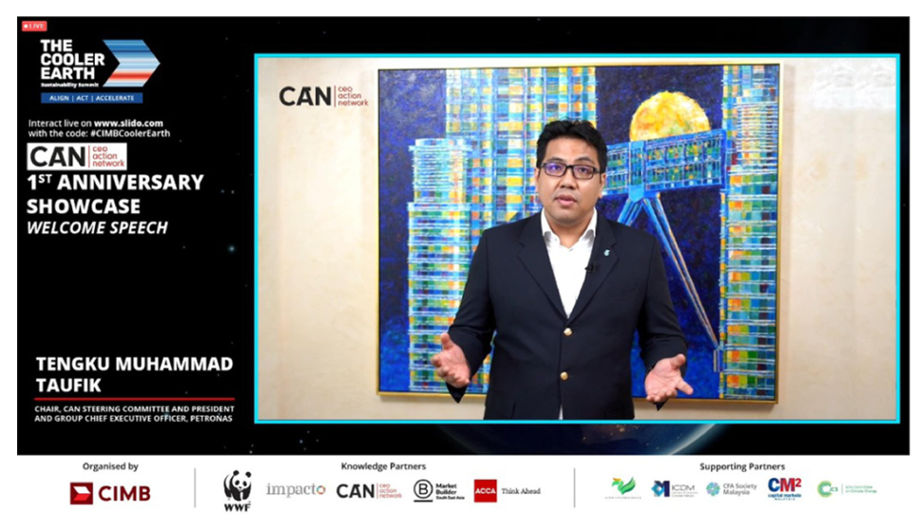
MASTERCLASS 1 | Sustainability Readiness 101
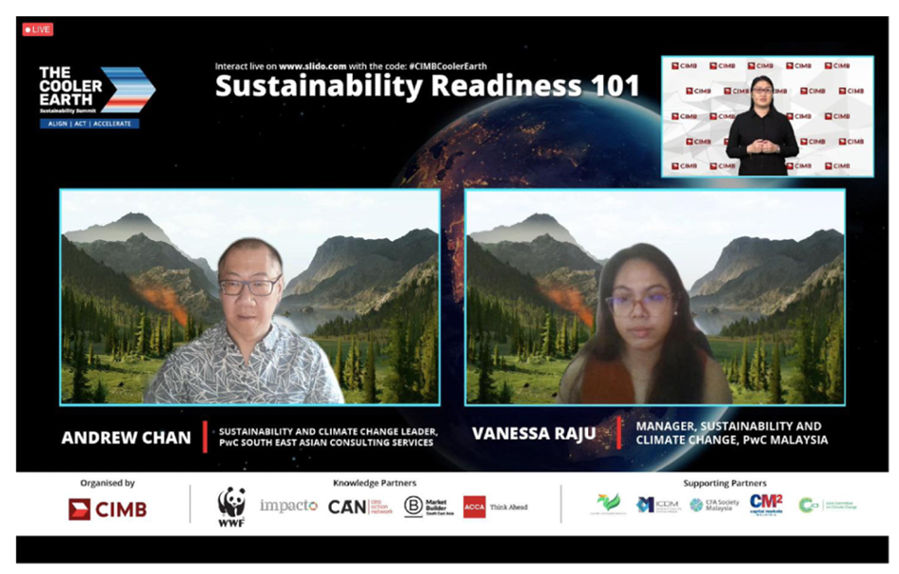
MASTERCLASS 2 | Managing Your Energy Use
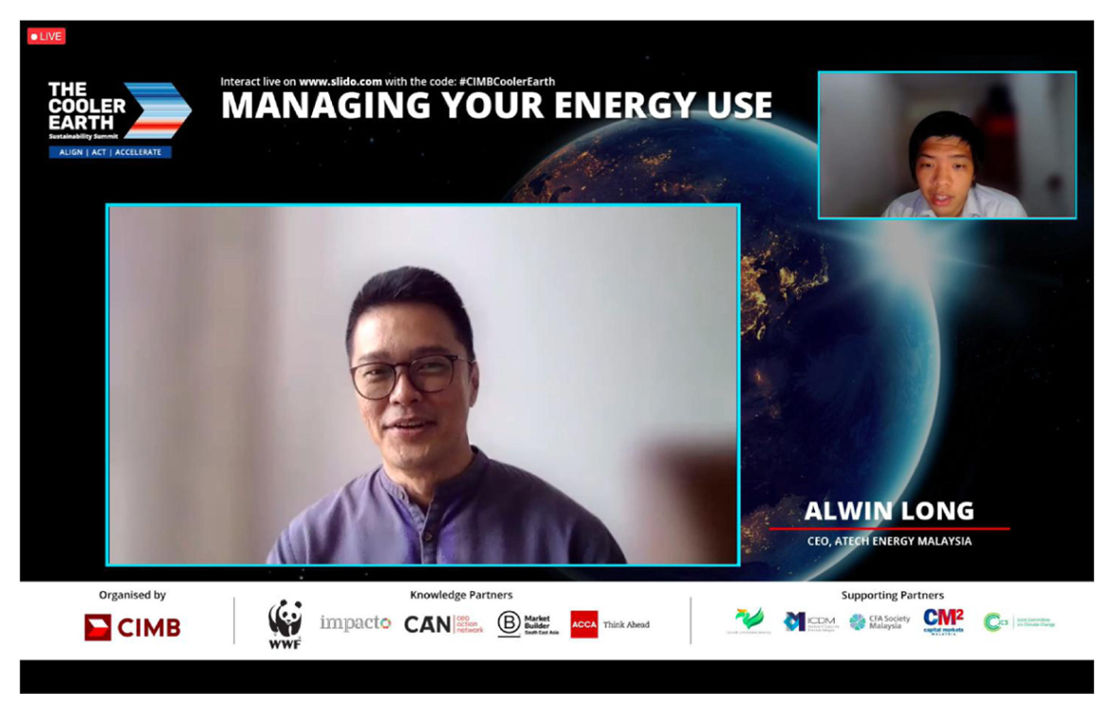
MASTERCLASS 3 | Sustainable Supply Chain Management
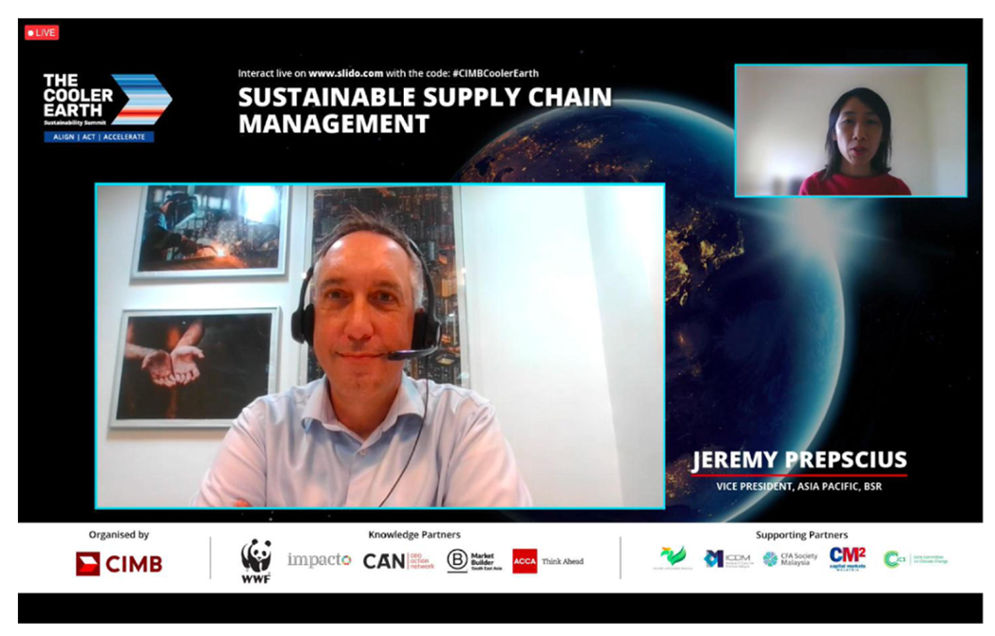
MASTERCLASS 4 | Responsible Recruitment and Management of Foreign Workers
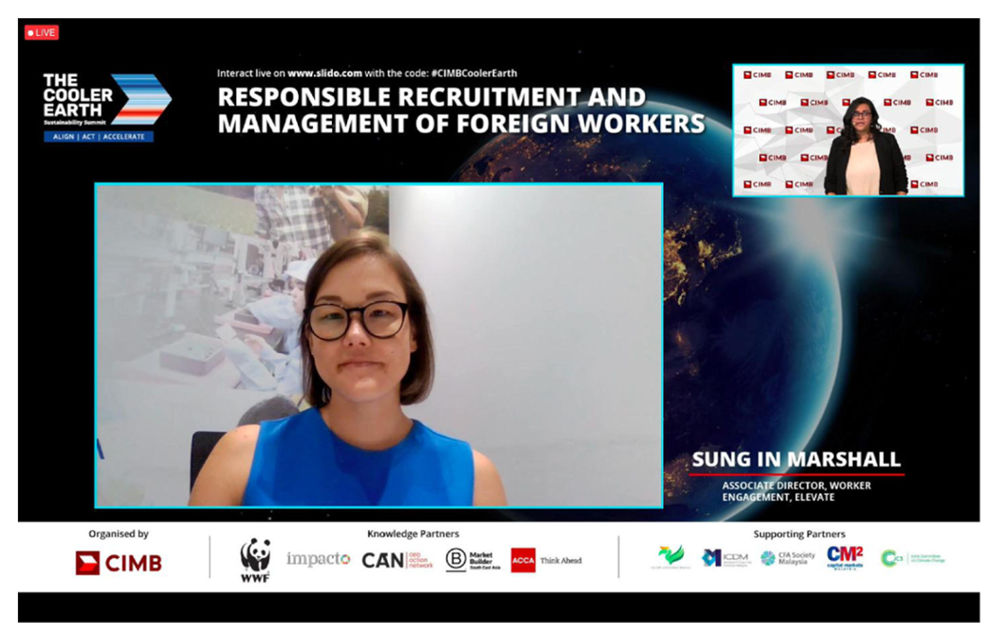
MASTERCLASS 5 | Time for Climate Action: Demystifying Science-Based Targets
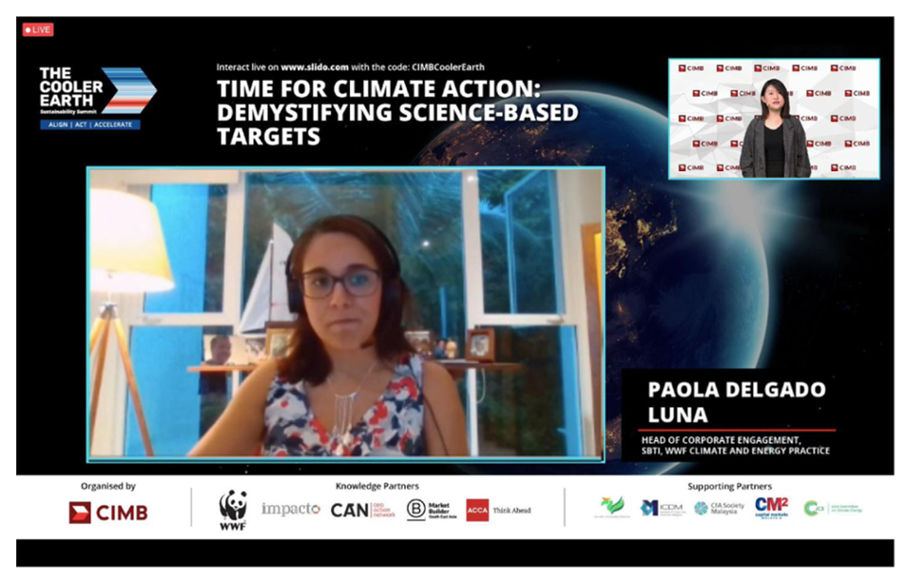
MASTERCLASS 6 | Are you ready for BCorp Certification?
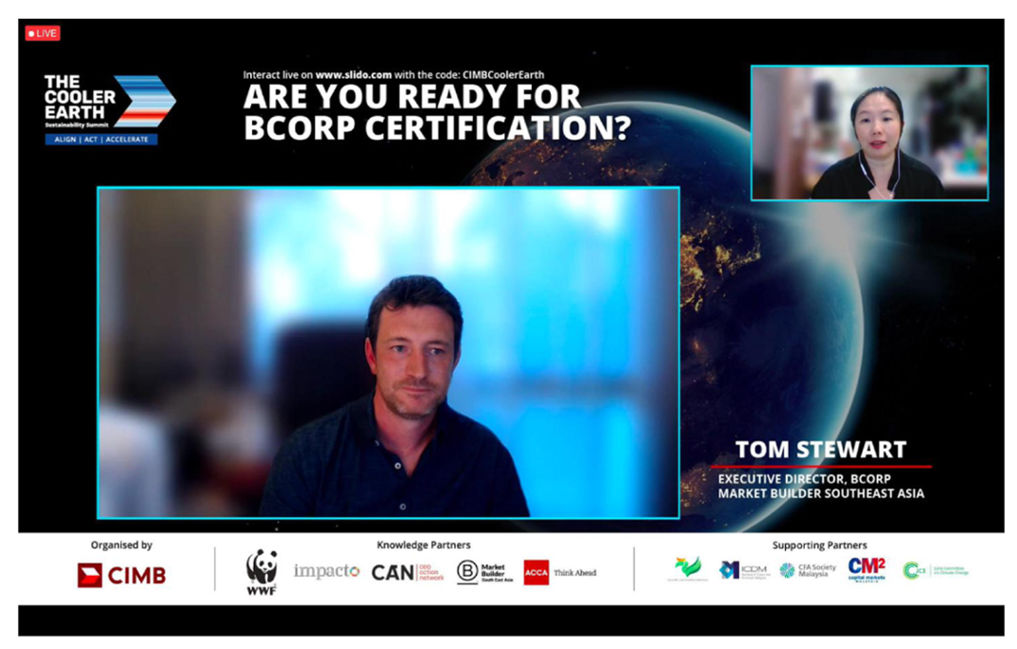
PANEL DISCUSSION | Fashion Forward
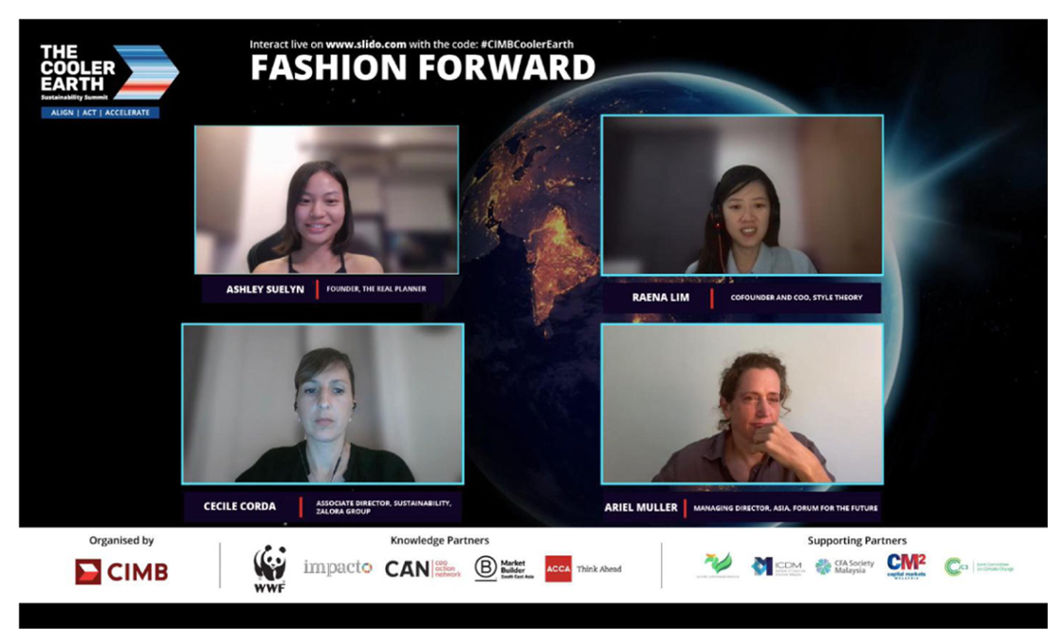
MASTERCLASS | Fashion Forward
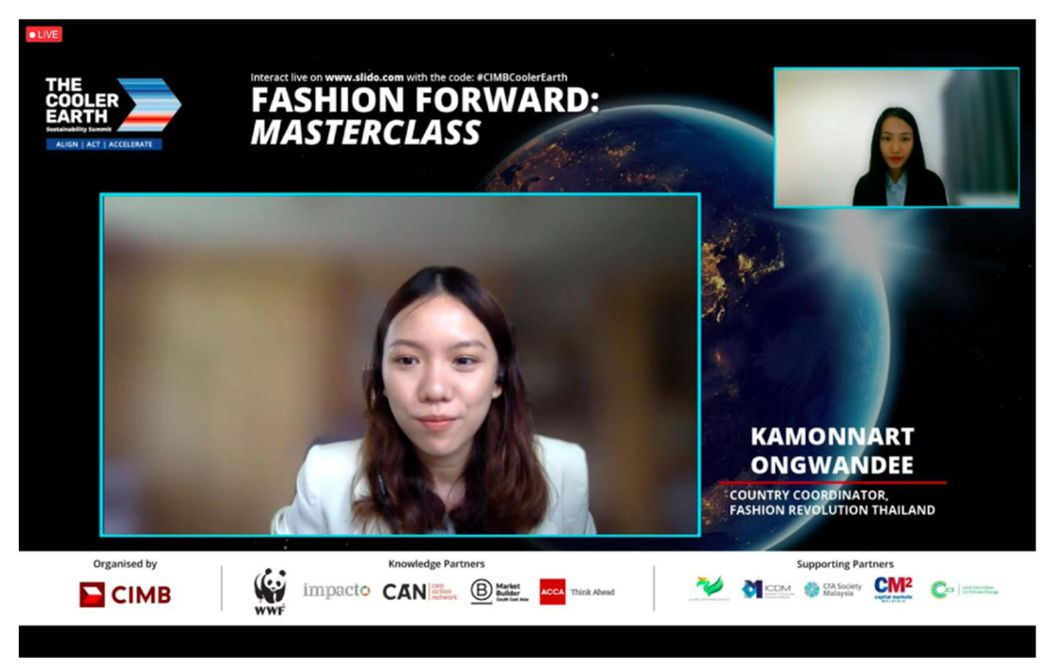
DEBATE | Meat-ing in the Middle
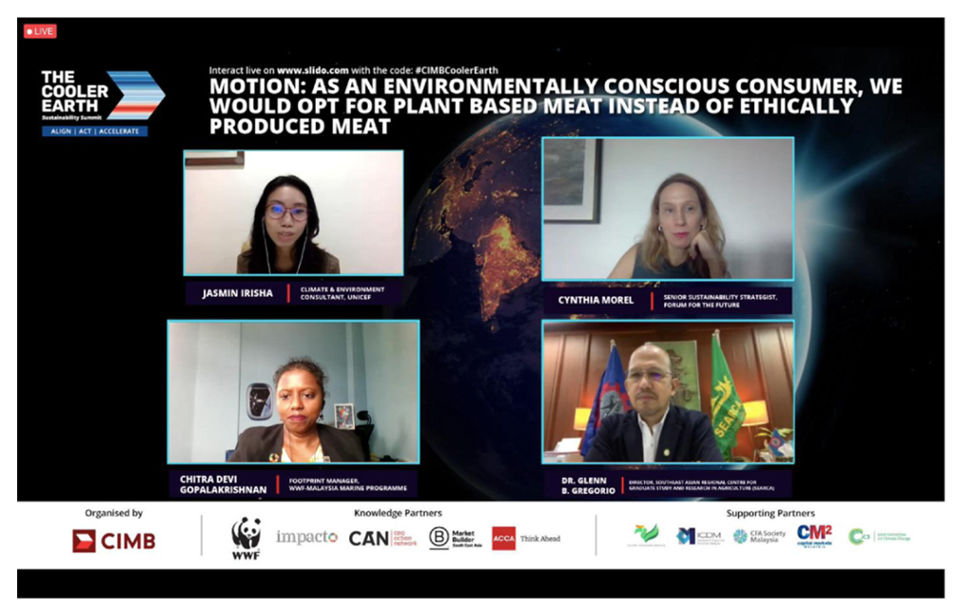
Webinar | Building on the Past for the Future
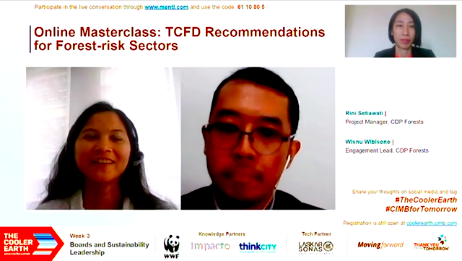
Green Living by CIMB: Dr. Tan Loke Mun

Webinar | Business and Climate Consciousness
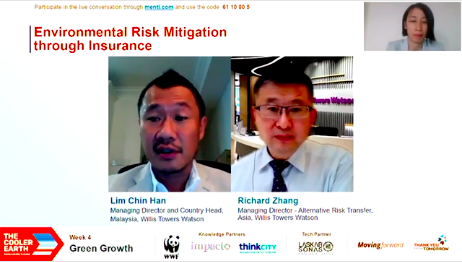
Webinar | Developing Impactful Green Finance Products, The Indonesia Experience
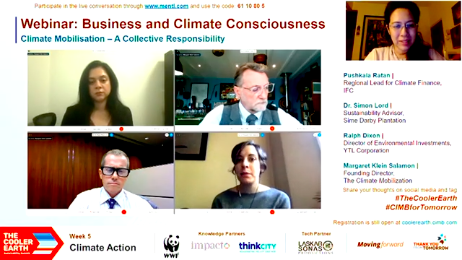
Webinar | Urban Financing
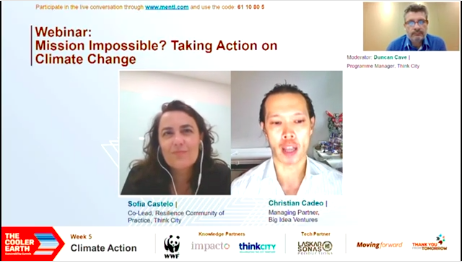
Webinar | ESG Financing for Business

MASTERCLASS | Meat-ing in the Middle
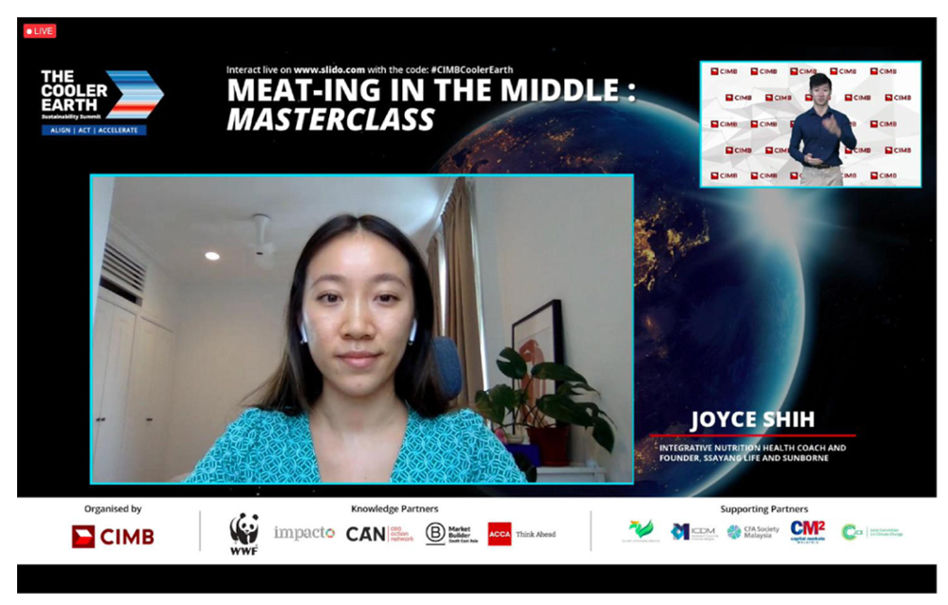
MASTERCLASS | Future Proofing the Youth
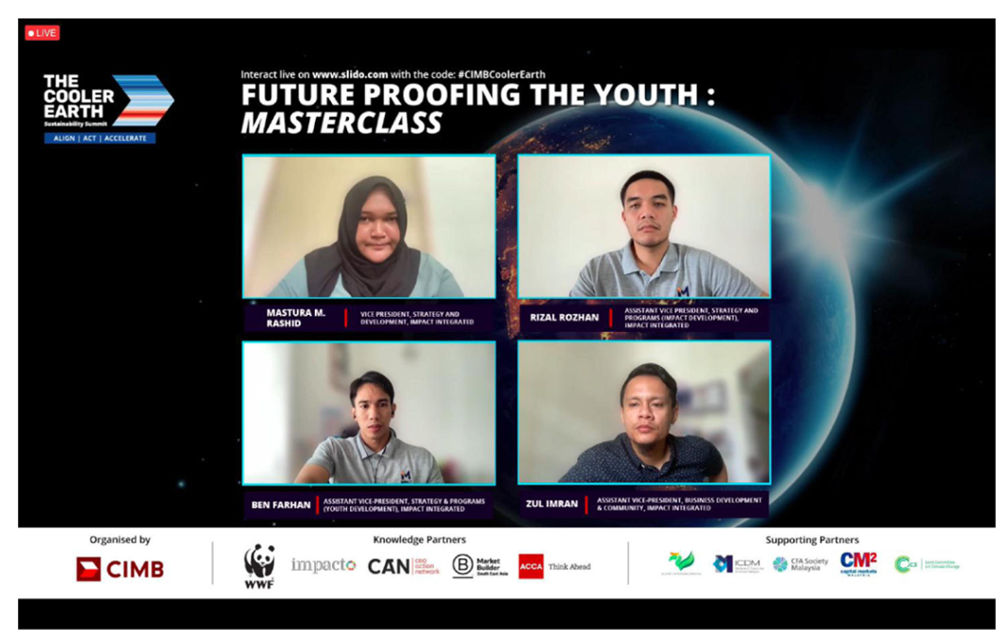
SHARING SESSION | Future Proofing the Youth: Share to Care
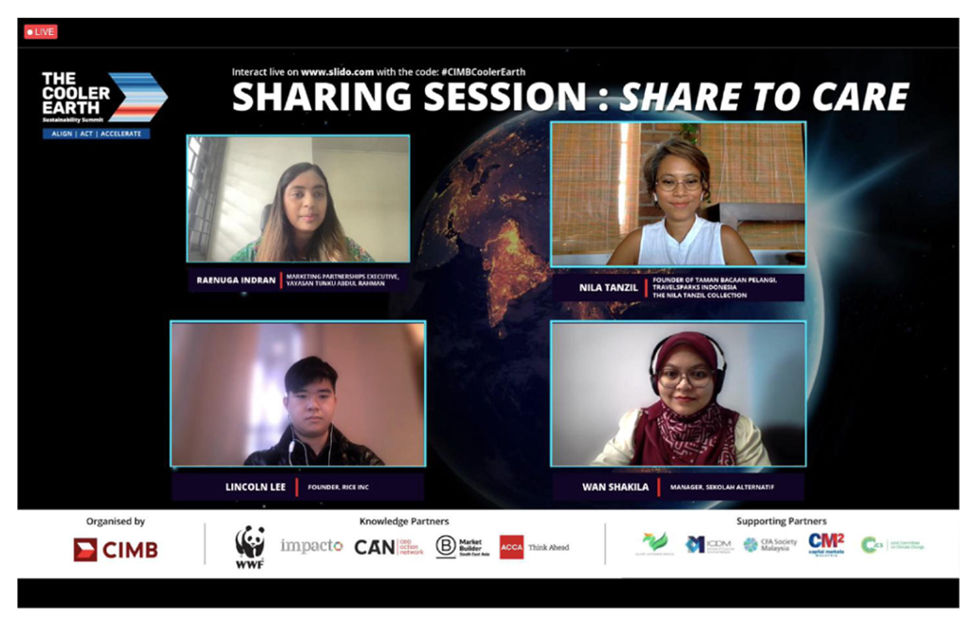
PANEL DISCUSSION | The Voices of Today: The Education Dilemma
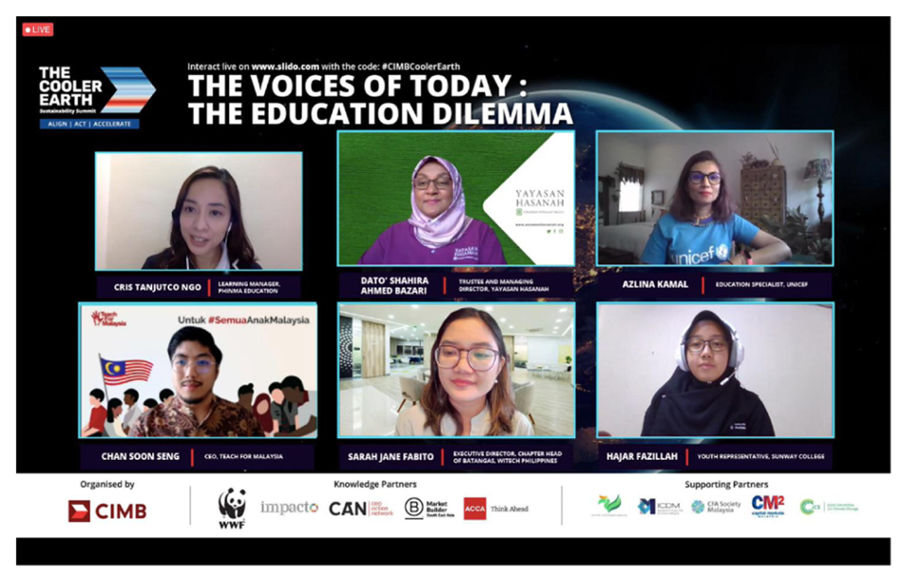
CLOSING | Datuk Mohd Nasir Ahmad, Chairman of CIMB Group Holdings Bhd., CIMB Bank Bhd., and CIMB Bank PLC Cambodia
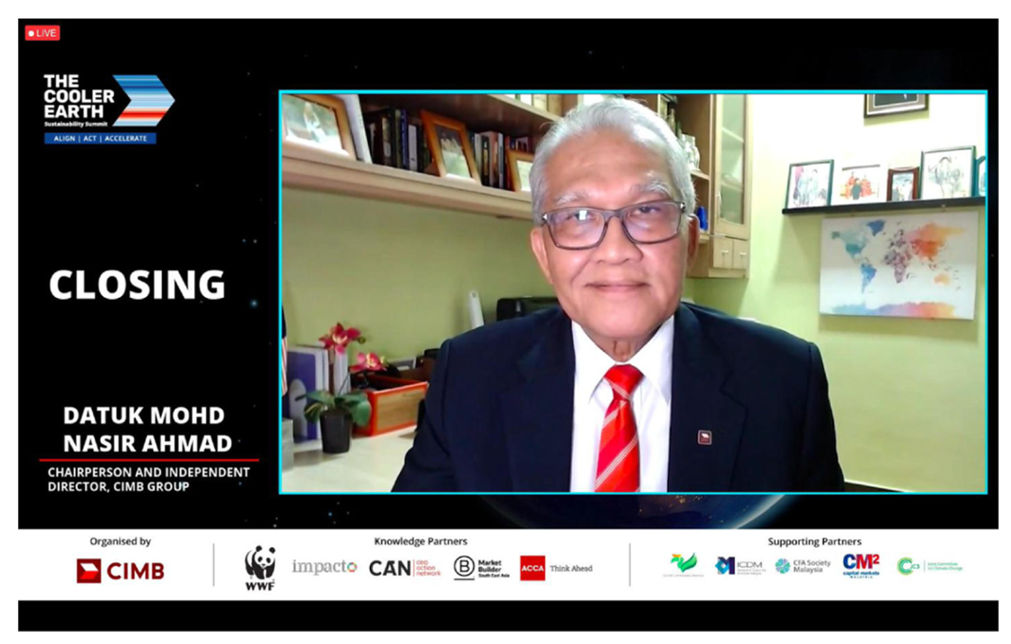
Webinar | Circular Economy Development in a Rapidly Expanding City: Penampang, Sabah, by CEC Penampang
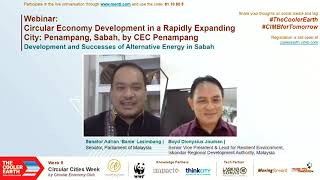
Webinar | Circular Economy Club - Singapore Part 1
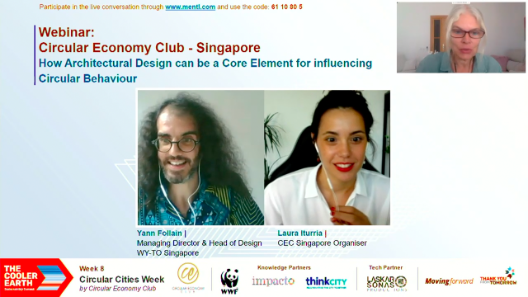
Webinar | Circular Economy Club - Singapore Part 2
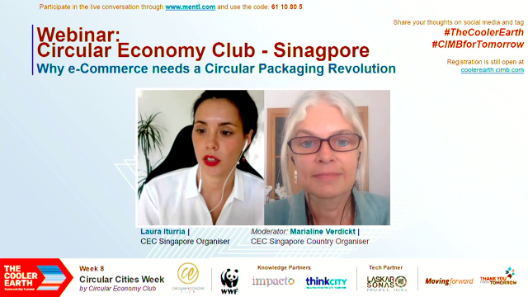
Webinar | CEC Vienna & CEC London
